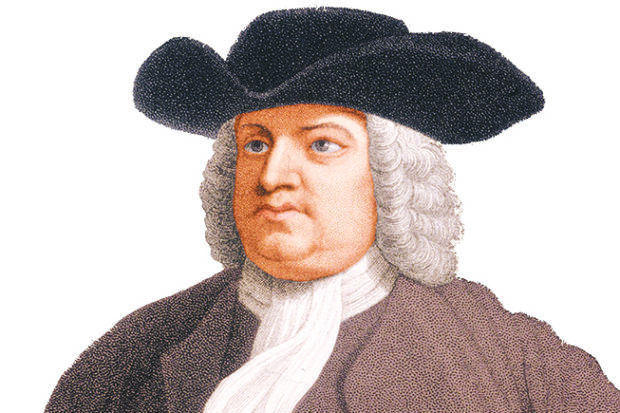Pennsylvania and Our Form of Government
By Dr. Andrew Hohns March 18, 2019
William Penn’s “Holy Experiment,” as Pennsylvania was called, provided its inhabitants certain inviolable rights through our Charter of Privileges–freedom of religion, liberty of consciousness, the election of our legislative representatives, and protections from abusive government intrusion. Of Pennsylvania, William Penn wrote that it would one day be the “seed of a nation.”
We have in Pennsylvania a form of government founded on principles of individual liberty and self-determination. William Penn’s “Holy Experiment,” as Pennsylvania was called, provided its inhabitants certain inviolable rights through our Charter of Privileges–freedom of religion, liberty of consciousness, the election of our legislative representatives, and protections from abusive government intrusion. Of Pennsylvania, William Penn wrote that it would one day be the “seed of a nation.”
In 1751, on the 50th anniversary of Penn’s Charter of Privileges, the people of Pennsylvania celebrated our freedoms by procuring a new bell for our state house, honoring Penn’s foresight. The inscription on the bell reads: “PROCLAIM LIBERTY THROUGHOUT ALL THE LAND UNTO ALL OF THE INHABITANTS THEREOF.” For this reason, we now call this the Liberty Bell.
Such was our form of government in Pennsylvania in 1774, when delegates from the 13 colonies began to gather here. In 1776, they declared these United States free and independent, filled with a people possessed of certain natural rights, among which are life, liberty, and the pursuit of happiness. It is for this reason that we now call our State House, Independence Hall. When America’s founding citizens returned to Philadelphia for our Constitutional Convention, they affirmed that solely in We, the People, there resides the authority to govern. Under this authority, they established a constitutional republic, providing a durable framework through which we govern, respecting individual liberty and relying on broad civic participation and engagement in public affairs. This radical notion of self-determination, clarified and strengthened through many years of debate, discourse, and consideration, is the first ray of light in a sunrise that endures still, shining the power of democracy in over 100 countries around the world today.
In Pennsylvania, the grounds we walk upon are parklands sown from potter’s fields, where the remains of many a brave and fallen revolutionary soldier are often interred below. The streets we walk on are paved with the same bricks traversed by Penn, and later Franklin and Jefferson, Adams and Hamilton, Washington and Lee. The heady courage of those early days—1701, 1774, 1776, and 1787—hangs in the air in Pennsylvania. It permeates our state; it lingers within every home and around every corner. Click here to read more!
Dr. Andrew Hohns is the Chairman of the Board of the nonprofit USA 250 an organization founded to spark the nation’s imagination leading into and through the United States Semiquincentennial, 2026, our Nation’s 250th birthday.

